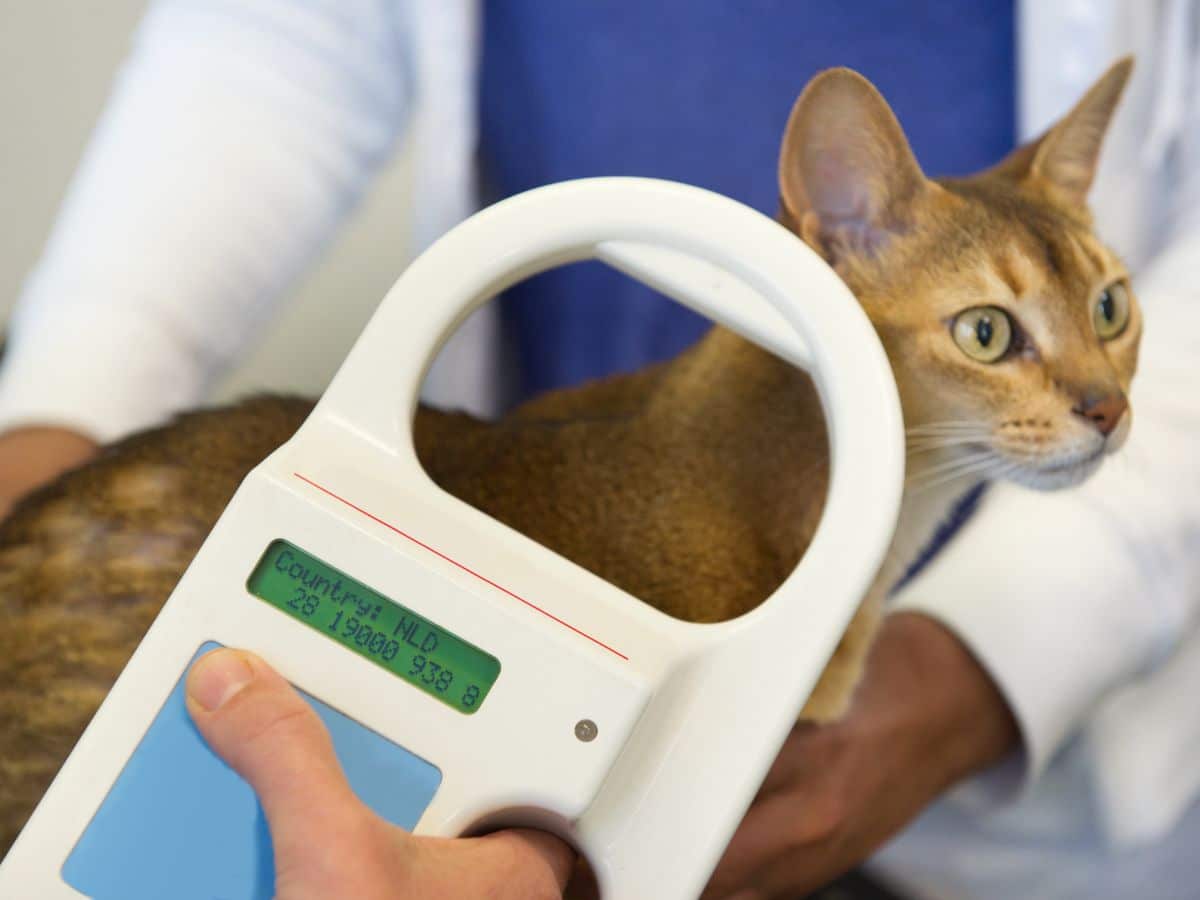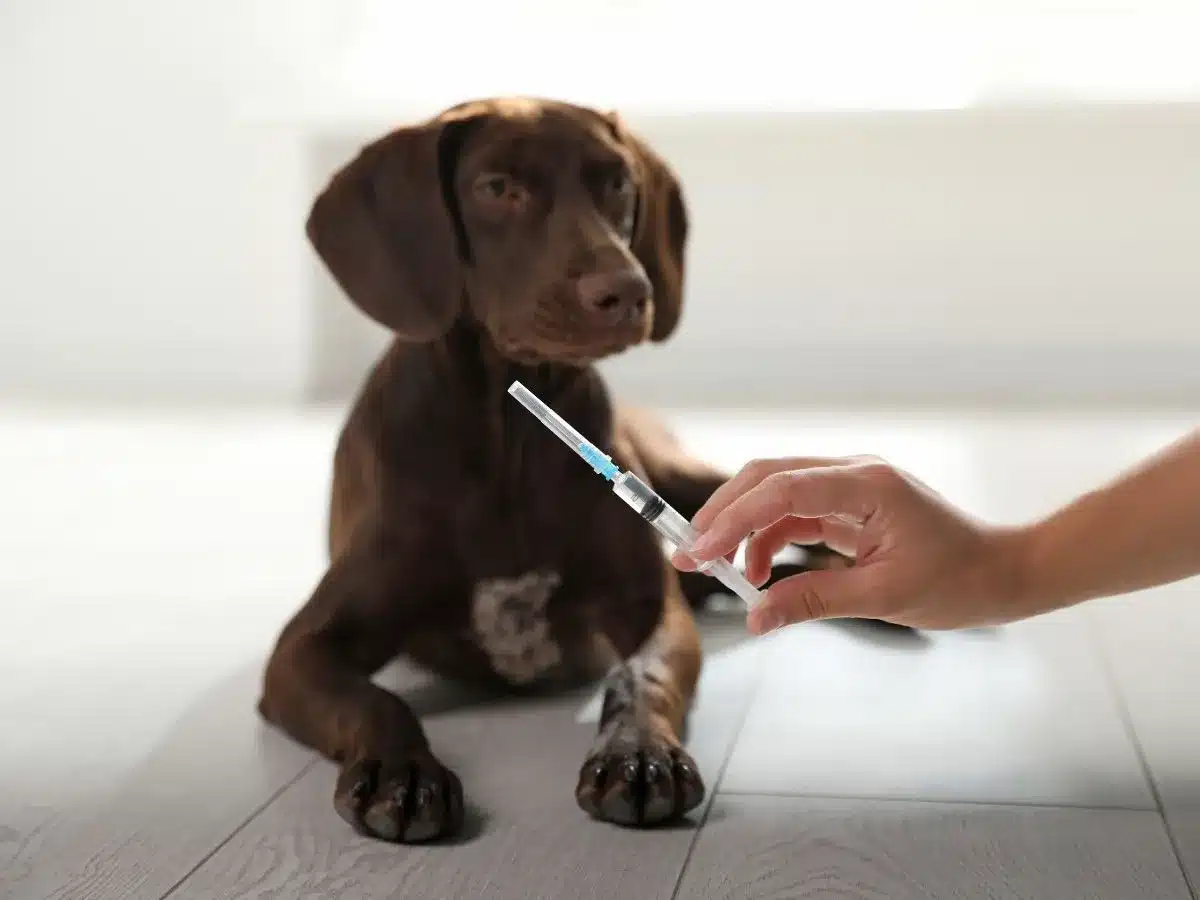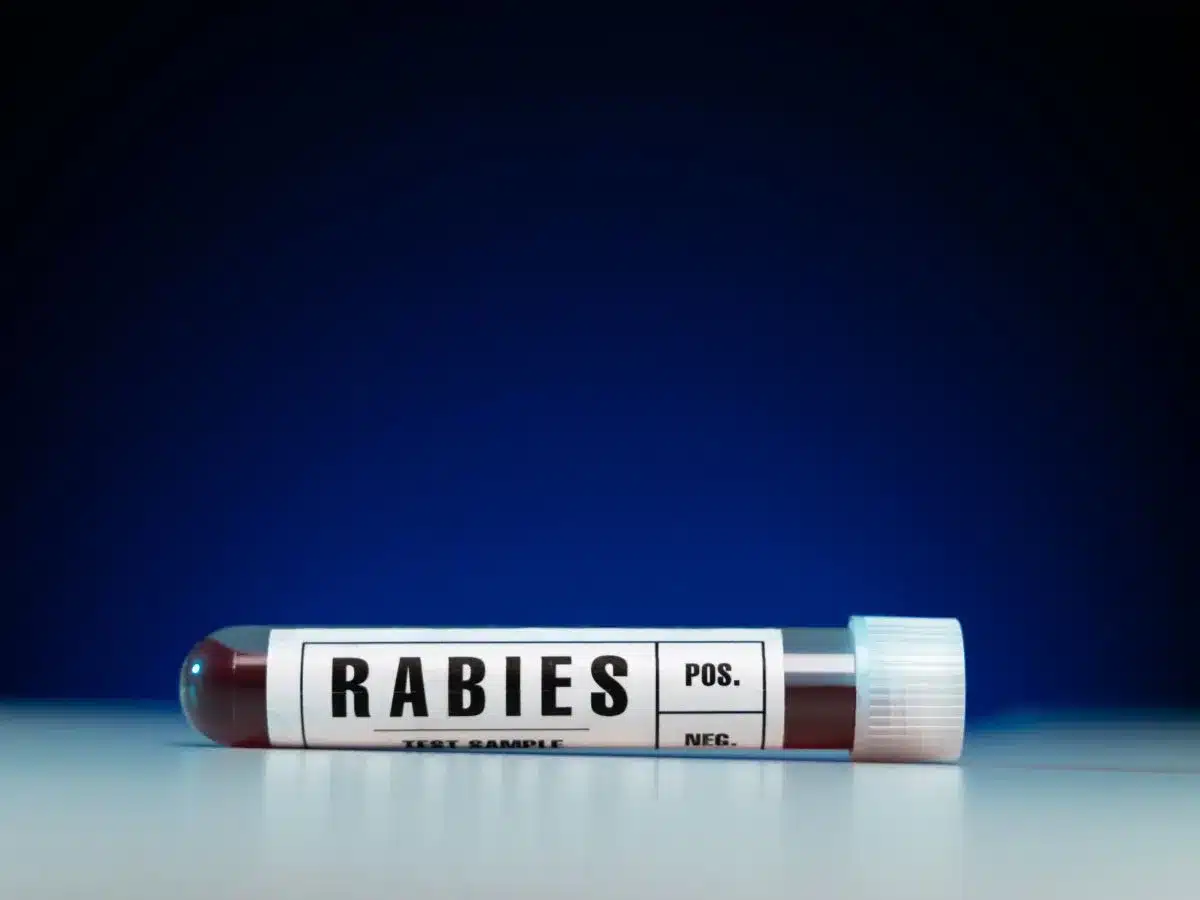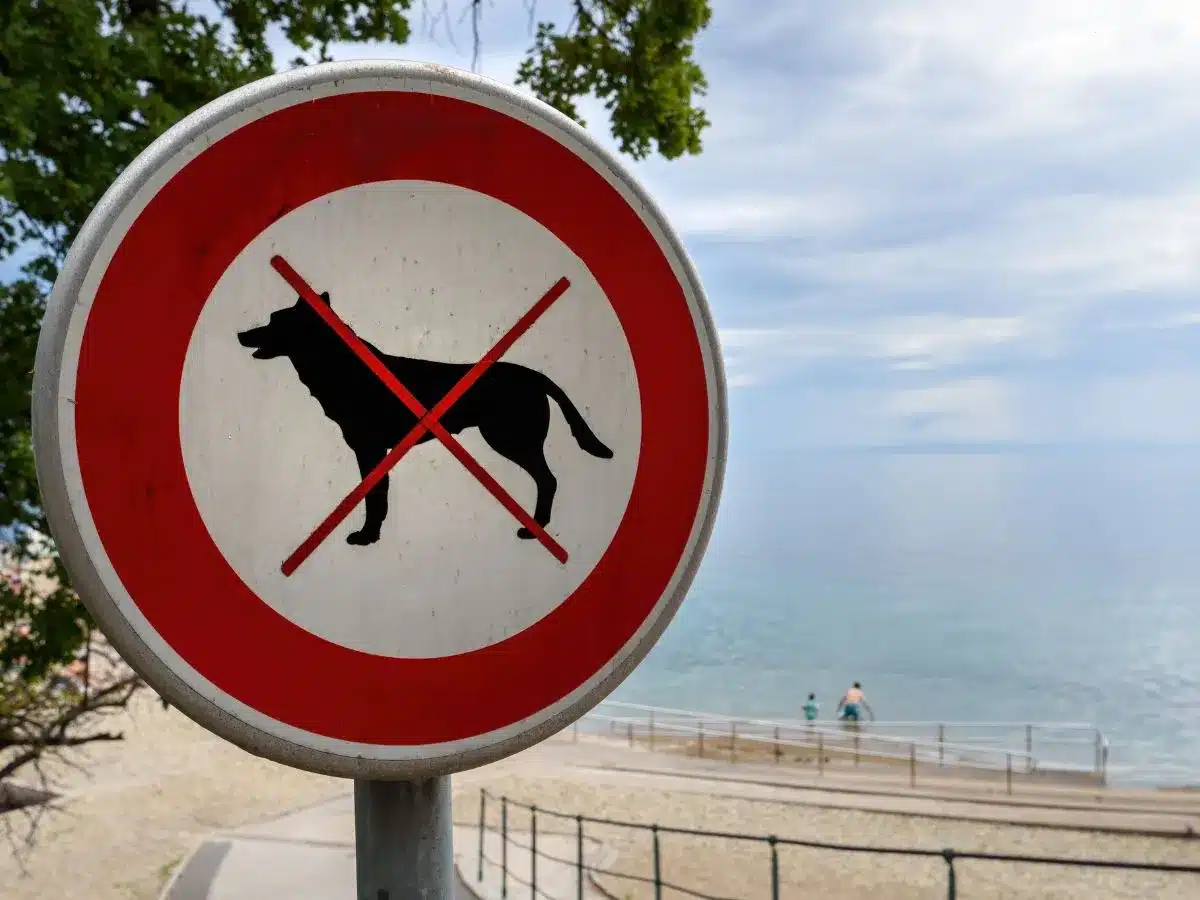Trusted Pet Transport Services for Dogs and Cats to and from Spain
Stress-Free Pet Relocation to Spain: What You Need to Know
Moving to Spain is an exciting new chapter, filled with sunny days, vibrant culture, and new experiences. For many pet owners, this adventure is only complete when their furry friends, whether dogs or cats, can join them. Relocating pets to Spain involves more than just packing a bag. It requires understanding pet travel requirements, arranging safe transportation, and ensuring all necessary documentation, such as pet passports and animal health certificates, is in order.
Our pet transport company makes the process simple and stress free. We assist with vaccinations, microchips, rabies shots, customs clearance, and navigating airline and local regulations. With our expert support, your dog & cat can settle into their new home safely and comfortably, giving you peace of mind throughout your move. Here’s what you need to know to plan a smooth and successful relocation for your beloved pets.

How to Travel to Spain with My Pet
There are lots of things to consider when you’re planning to move abroad with your pet. You should start planning their departure at least 60 days prior to your flight over. We recommend for assistance in gathering their paperwork and understanding the flight process, then it’s recommended to use us as your pet relocation company. We have decades of experience and are skilled at filling in the forms, gathering the documents and making sure that your pet is happy and healthy throughout their flight.

Spain pet Import Requirement for Dog & Cat
All steps required to conform to regulations to import a dog or cat to Spain must be completed in the country of origin. Steps 1–6 should be followed in the order given.
Step 1: EU Country Classifications
The European Union (EU) does not recognize any countries as rabies-free, so dogs and cats from all countries must comply with current rabies vaccination regulations. The EU classifies countries as EU Member States and territories, Part 1 listed third countries, Part 2 listed third countries, and unlisted countries. The requirements to import a pet to Spain depend on the classification of the country of origin and whether your pet has entered an unlisted country within the past four months. Pet owners should identify their country’s classification before reviewing import regulations.

Step 2: Pet Microchip
Your pet must be microchipped, and the chip must be registered in your name as the owner. Pets cannot travel within the EU without a microchip. It’s important that the microchip is implanted before any travel vaccinations, so all medical records accurately reflect your pet’s health in case of an emergency.
The microchip must comply with ISO 11784 standards or be compatible with AVID 9 or AVID 10, which are accepted in Spain. Your veterinarian should provide documentation on the microchip, including the manufacturer and instructions for registering your pet in the official database.

Step 3: Vaccinations
Your dog should be up to date with all vaccinations, including the primary rabies vaccine and any necessary boosters (usually every 3 years), as well as Distemper, Hepatitis, Parainfluenza, and Parvovirus. Cats must have the rabies vaccine and vaccinations for Feline Viral Rhinotracheitis, Calicivirus, and Panleukopenia. If your pet is not current on their vaccines, they should be administered at least two weeks prior to departure to ensure full effectiveness. Delays in vaccination may result in postponed travel.
Waiting periods depend on the country of origin. Pets from EU Member States or Part 1/2 listed countries must wait 21 days after vaccination unless it is a booster, while pets from unlisted countries must wait 30 days before a rabies titer test. Additionally, dogs being transported commercially must also be vaccinated against distemper. Administering vaccines on schedule is essential to avoid delays in your pet’s departure to Spain.

Step 4: Rabies Titer Test
Pets entering Spain from unlisted countries are required to undergo a rabies titer test. This must be administered no sooner than 30 days after the rabies vaccination. The test measures rabies antibodies in the pet’s blood, with the Fluorescent Antibody Virus Neutralization (FAVN) test preferred. Samples must be processed at approved laboratories. If results meet acceptable limits, pets may enter Spain three months after the blood draw. The test remains valid for life if boosters are administered on schedule.

Step 5: Parasite Treatments
While proof of parasite treatments is not mandatory for entry into Spain, it is highly recommended to protect your pets from both internal and external parasites. Administering preventative treatments not only helps safeguard your dog or cat’s health during the stresses of international travel but also reduces the risk of spreading diseases to other animals. Taking these precautions ensures a safer, healthier journey for your furry companion and contributes to their overall well-being once they arrive in their new home.

Step 6: Documentation & Health Certificate
Once vaccinations and microchipping are complete, your veterinarian will record all information on the EU Health Certificate.
This certificate is also required for the final health check within 10 days of travel, which Ferndale can arrange. This check confirms that your pet is fully healthy before departure and provides Spanish customs with official proof that your pet is not carrying any contagious diseases.
The documentation must include:
1. Your pet’s microchip number and registration details
2. A record of all required vaccinations
3. Confirmation that vaccinations were administered after microchip implantation
4. Verification that your pet shows no signs of infectious disease
5. Non-Commercial Transport: Pets may travel with an EU Pet Passport issued by an authorized veterinarian
6. Commercial Transport or from Part 2/unlisted countries: Requires an EU Animal Health Certificate (AHC) issued by an official veterinarian and endorsed by the competent authority.

What You Need to Know About Pet Relocation in spain
Type of Transport
1. Non-Commercial Transport:
Pets must enter Spain with, or within five days of, their owner (some EU countries allow a representative to accompany the pet). No more than five pets are allowed unless they are participating in competitions or shows, and all pets must be over six months old. The transport purpose must not involve adoption, sale, or transfer of ownership. Owners are required to sign a Declaration of Non-Commercial Transport to confirm these conditions.
2. Commercial Transport:
A pet is considered commercial if it is not traveling with or within five days of its owner, if the transport involves more than five pets, or if the purpose includes ownership change, adoption, or commercial sale. Commercial importers must be registered in the country of origin and provide proof of organizational responsibility, while exporters must also show official registration in their country.
Additional Considerations – The 5-Day Rule
In Europe, pets must travel within five days of their owner to avoid quarantine restrictions. This also helps confirm that the pet is a genuine family companion rather than part of a commercial shipment. Adhering to this rule ensures smoother entry and compliance with non-commercial transport regulations.

Banned Breeds in spain
There are a few dogs that are classified as dangerous in Spain and won’t be able to travel with you at all. These are:
1. Pit Bull Terrier
2. Staffordshire Bull Terrier
3. American Staffordshire Terrier
4. Rottweiler
5. Dogo Argentino
6. Fila Brasileiro
7. Tosa Inu
8. Akita Inu

Pet-Friendly Airlines Flying to Spain
Many commercial airlines provide pet-friendly services to Spain, accommodating pets in both the cabin and cargo depending on their size and travel requirements. Some of the most pet-friendly airlines include Air Europa, Air France, Avianca, British Airways, Brussels Airlines, Cathay Pacific, El Al, Emirates, Iberia, KLM, Korean Air, LATAM, Lufthansa, Qatar Airways, and Turkish Airlines.
Whenever possible, flights to Spain should be direct or transit through a listed third country (Step 1) or another EU Member State. If your pet must transit through an unlisted country, a Transit Declaration is required. This declaration must confirm that your pet had no contact with rabies-carrying animals and remained secured within the airplane or airport during the transit.
Before booking, always review each airline’s specific pet policies, including carrier requirements, documentation, and travel fees. Proper planning ensures a safe and comfortable journey for your furry companion.

Pet Relocation Services Hong Kong/Singapore To and From Spain
Ferndale, with offices in Hong Kong (China) and Singapore, provides expert services for relocating pets between these locations and Spain. Our team is dedicated to ensuring a seamless relocation process, whether you’re moving your pet from Hong Kong or Singapore to Spain or from Spain to Hong Kong or Singapore. For any questions or support regarding pet relocation services to and from Spain, please contact us.
Have Questions About Importing Your Pet to Spain?
Relocating your beloved dog or cat to Spain can seem complex, but understanding the key steps, including microchipping, vaccinations, documentation, and transport requirements, makes the process much smoother. By planning ahead and following EU regulations, you can ensure your pet travels safely and comfortably. If you are unsure about any step or need assistance with the paperwork, Ferndale Kennels offers expert guidance and full-service support to make your pet’s journey stress free. Start preparing early, and you will help your furry companion arrive in Spain happy, healthy, and ready to settle into their new home.
Click Here For Shipping Enquiry
Frequently Asked Questions
What documents do I need to bring my pet to Spain?
You need an ISO-compliant microchip, up-to-date rabies vaccination, an EU Health Certificate issued within 10 days of travel, and a fit-to-fly certificate. Some airlines may also require a health declaration form and an IATA-approved travel crate.
Can I travel with my pet in the cabin?
This depends on the airline, the size of your pet, and the type of crate used. Small cats and dogs are often allowed in the cabin, while larger pets must travel as checked baggage or cargo.
Are there quarantine requirements in Spain?
Pets arriving from compliant countries with all documents and vaccinations usually do not require quarantine. However, failure to meet requirements can result in mandatory quarantine upon arrival.
Can Ferndale Kennels help with my pet’s relocation?
Yes, Ferndale Kennels handles health checks, documentation, flight arrangements, and door-to-door transport. Our team ensures the relocation is smooth, safe, and stress-free for both you and your pet.
How can I ensure my pet is fit to fly?
A veterinarian must conduct a health check and issue a fit-to-fly certificate within 10 days of travel. Ferndale Kennels can assist with this final health check to ensure your pet is ready for relocation.
Our Spain Based Pet Import Specialists
Meet Ferndale's Experts Behind Your Pet's Move!





